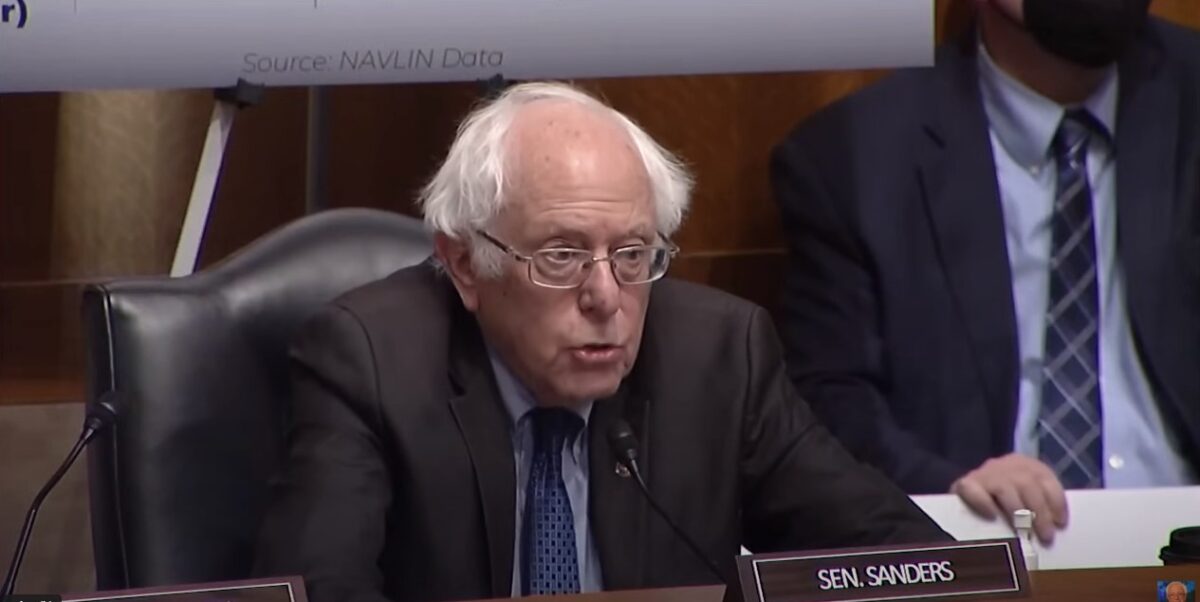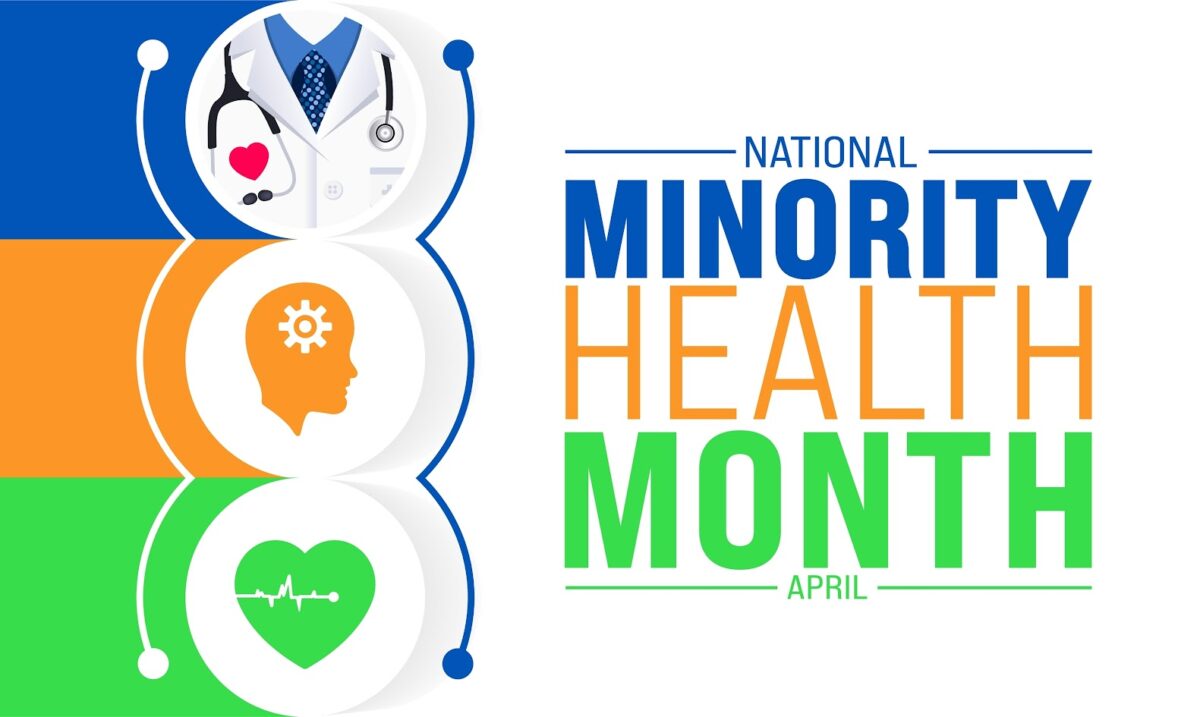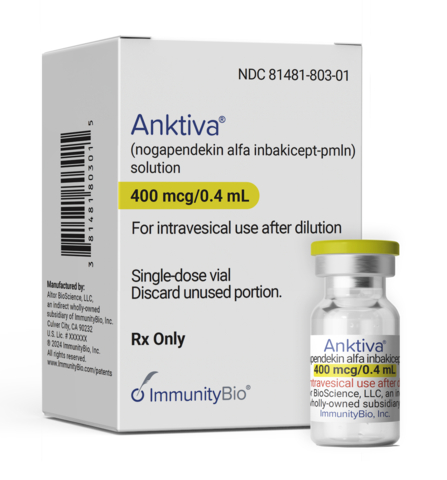Chiesi Global Rare Diseases, a specialized division within the Chiesi Group dedicated to pioneering therapies for individuals affected by rare diseases, has received approval from the US Food and Drug Administration (FDA) for Filsuvez (birch triterpenes) topical gel. This achievement paves the way for the treatment of partial thickness wounds in patients aged six months and older diagnosed with junctional epidermolysis bullosa (JEB) and dystrophic epidermolysis bullosa (DEB).
“The FDA’s decision to approve Filsuvez provides those living with EB [epidermolysis bullosa] a safe and effective treatment option for the most prominent and difficult symptom of EB, open wounds that may not heal,” said Brett Kopelan, executive director, debra of America, in Chiesi’s press release.
Filsuvez marks a significant milestone as the first approved treatment for wounds associated with JEB, a rare and severe form of EB characterized by blistering that initiates in infancy.
EB encompasses a collection of rare disorders that render the skin fragile, leading to easy blistering. Minor friction or contact with the skin can result in tears, sores and blisters appearing anywhere on the body.
JEB typically presents as a severe condition, with the most critical form causing open sores on the face, trunk and legs. This poses risks of infection or severe dehydration due to fluid loss. Moreover, blisters can form in various internal organs, including the mouth, esophagus, upper airway, stomach, intestines, urinary system and genitals. In the case of DEB, symptoms may vary slightly based on whether the disease is dominant or recessive; however, the recessive subtype is predominant in most individuals.
Filsuvez topical gel is a sterile botanical drug product designed for topical use, containing birch triterpenes within an oil base. Birch triterpenes constitute a botanical drug substance comprising a blend of pentacyclic triterpenes. Filsuvez, available in gel form, is recommended to be applied to the wound surface with a thickness of approximately 1 mm, either directly or covered by a wound dressing.
While the exact mechanism of action of Filsuvez in treating wounds associated with EB is not fully understood, birch triterpenes have demonstrated anti-inflammatory, antimicrobial and wound-healing properties.
Regarding the price of Filsuvez, it has not yet been publicly disclosed by the company. However, it’s worth noting that the cost of treatments for EB is typically high. For instance, Vyjuvek, the first FDA-approved gene therapy for DEB, is priced at $24,250 per vial.
XTALKS WEBINAR: Strategic Design Decisions in Rare Disease Trials
Live and On-Demand: Thursday, February 8, 2024, at 11 am EST (4 pm GMT/UK)
Register for this free webinar to discover invaluable strategies to effectively navigate rare disease trials, enhancing endpoint adaptation, data quality and clinical interpretation.
Safety and Efficacy of Filsuvez
The FDA’s approval of Filsuvez is supported by compelling clinical evidence. In a global Phase III trial conducted across 58 sites in 28 countries involving patients with EB, Filsuvez demonstrated excellent tolerance and achieved the primary endpoint with statistical significance. Specifically, 41.3 percent of patients achieved first complete target wound closure within 45 days, surpassing the 28.9 percent observed in the control gel arm.
The clinical study also highlighted the favorable tolerability profile of Filsuvez. The most commonly reported adverse reactions in the clinical trial were pruritus (itching) and pain at the wound application site, occurring in 7.3 percent of cases.
Related: Lebrikizumab Could Soon Be a New Treatment for Atopic Dermatitis
Other New and Promising Treatments for Epidermolysis Bullosa
In May 2023, Krystal Biotech, Inc., a biotech company specializing in the development and commercialization of genetic medicines for rare diseases, announced FDA approval for Vyjuvek for the treatment of DEB.
Vyjuvek is a gene therapy that employs a herpes simplex virus type 1 (HSV-1) vector. It is indicated for the treatment of wounds in patients aged six months and older who have DEB characterized by mutations in the collagen type VII alpha 1 chain (COL7A1) gene. Upon Vyjuvek’s entry into cells, the vector genome is integrated into the nucleus, initiating the transcription of the encoded human COL7A1. These resulting transcripts facilitate the production and secretion of mature COL7, forming elongated and slender structures known as anchoring fibrils. These fibrils play a pivotal role in tethering the epidermis and dermis together, a crucial aspect of maintaining skin integrity.
It is noteworthy that Vyjuvek achieved complete closure in 65 percent of treated wounds, compared to only 26 percent in the placebo-treated group.
Abeona Therapeutics also reported encouraging results from its pivotal Phase III study evaluating the safety and effectiveness of EB-101 in the treatment of patients with recessive dystrophic epidermolysis bullosa (RDEB) last year. EB-101, an engineered cell therapy for RDEB, demonstrated a substantial improvement in wound healing (81.4 percent) compared to the control group (16.3 percent) at the six-month mark. Additionally, the EB-101 treatment group exhibited a significant reduction in pain associated with wound dressing changes.














Join or login to leave a comment
JOIN LOGIN